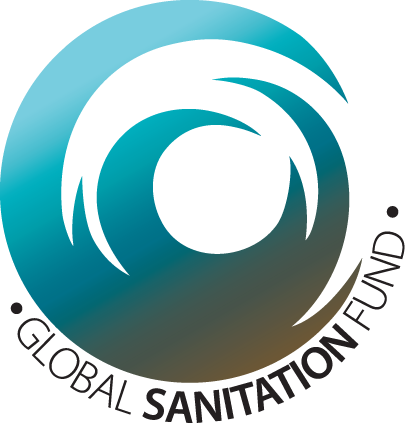Nigeria is among the 13 countries in the World making efforts to scale up sanitation and hygiene, the Global Sanitation Fund has said.
This was contained in a GSF report made available to the News Agency of Nigeria in Abuja on Thursday.
It said progress made was in nationally-led GSF programme that has also empowered seven million people to end open defecation.
The report quoted Dr. David Shimkus, the Programme Director of the GSF, as saying that access to improved sanitation should be a sustainable reality.

Shimkus said: “Access to improved sanitation has to be a sustainable reality for every person in the community, regardless of age, gender or disability, in order for the health and other benefits to be enjoyed by all.
“GSF-supported programmes are making major strides in achieving improved sanitation and hygiene for the most vulnerable, and all stakeholders will continue to work together to ensure such progress continues.”
Shimkus said currently, 2.5 billion people or 40 per cent of the global population lack access to decent sanitation.
He said out of these, more than a billion defecate in the open.
He said: “The report says 4.2 million people now have improved toilets.
“More than 20,500 communities are to be open-defecation free soon.
“Also, no fewer than 8 million people now have hand washing facilities.”
According to Shimkus, diarrhea, largely caused by poor sanitation and hygiene, is a leading cause of malnutrition, stunting and child mortality, claiming nearly 600,000 under-five children annually.
He said inadequate facilities also affected education and economic productivity and impacted the dignity and personal safety of women and girls.
The report also quoted Dr. Chris Williams, the Executive Director of Water Supply and Sanitation Collaborative Council, as saying that progress made shows concerted efforts at increasing access to water, sanitation and hygiene.
Williams said: “The UN system has identified global funds as an important tool to enable member countries to achieve their national development targets, including those for sanitation and hygiene.
“These results prove that we are moving closer to our vision of a world where everybody has sustained sanitation and hygiene, supported by safe water.
“This is a crucial step towards achieving better health, reducing poverty and ensuring environmental sustainability for the most marginalized people in the world.”
Williams said GSF was one of the few funds for government-led, donor-funded sanitation and hygiene programmes.
He said it can uniquely serve as a catalyst to the wider sector as a model that is replicable for others interested in large-scale behaviour change.
According to the report, the GSF carries out the Rural Sanitation and Hygiene Promotion in Nigeria programme to improve sanitation practice to two million people.
Nanpet Chuktu, the GSF Programme Manager for Concern Universal, the executing agency, was also quoted as saying the 2014 achievement was in the signing of Memorandum of Understanding to provide counterpart funds to match the GSF programme.
The report says no fewer than 150 communities, representing 87,700 people, now live in open defecation free communities.
It also added that no fewer than 79,000 of these people now practice hand washing at critical times.
The report, however, called on the Benue and Cross River States Governments to pay their counterpart funds to improve sanitation for all.
Water Supply and Sanitation Collaborative Council advocates for the billions of people worldwide that lack access to good sanitation.
It operates the Global Sanitation Fund, which has committed $105 million to directly transform 36 million lives in developing countries.
NAN.


